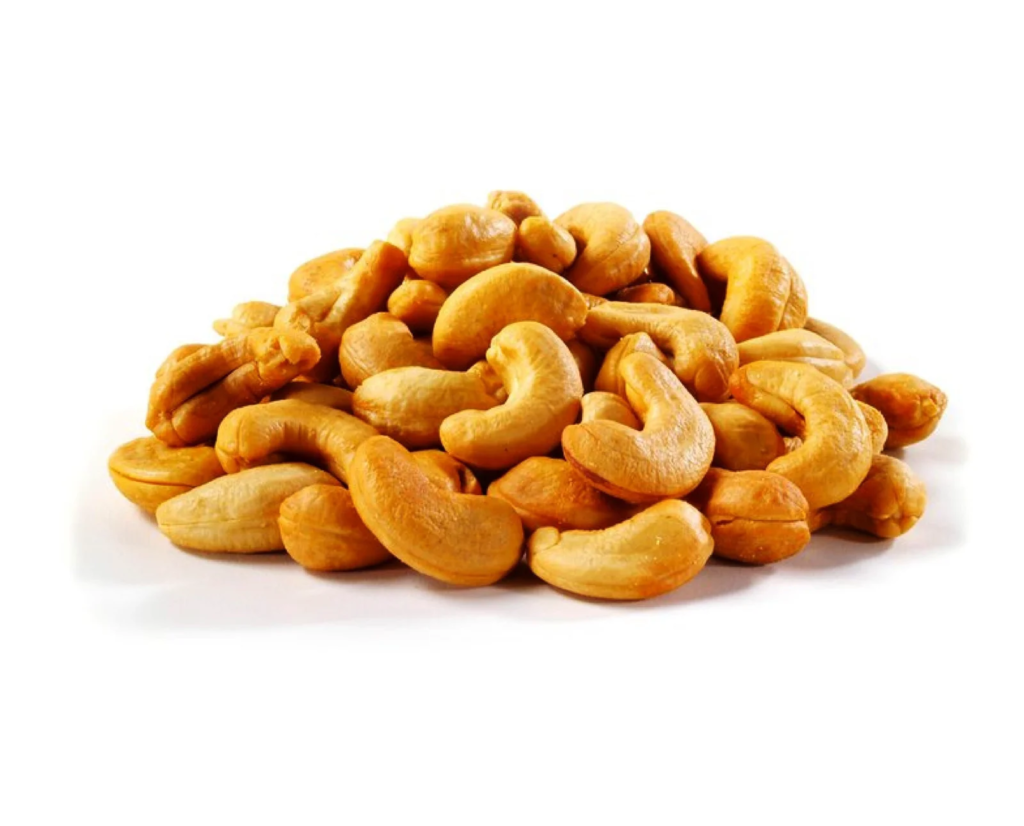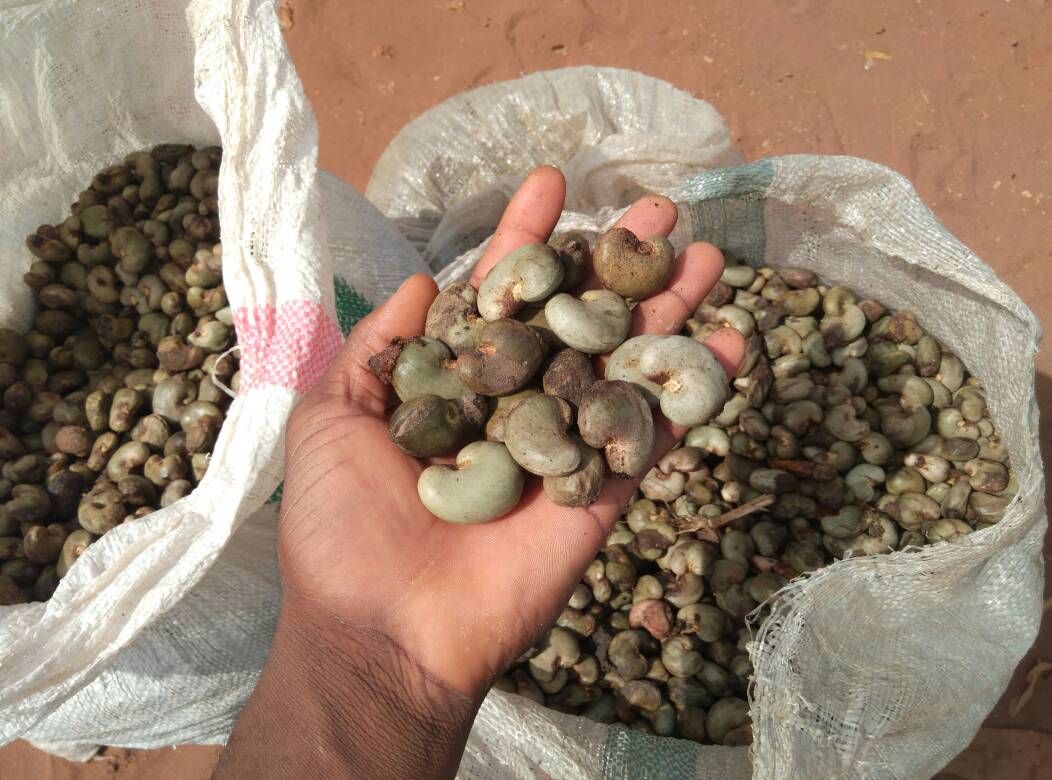Climate change is reshaping the agricultural landscape, and cashew nut farming is no exception. As the climate shifts, so must our farming practices to ensure sustainability and profitability. For Ajigofarms, a leading e-commerce company shipping agro commodities worldwide, understanding and adapting to these changes is crucial for continued success in the global market.
The Impact of Climate Change on Cashew Farming
Cashew trees thrive in tropical climates, particularly in regions with distinct wet and dry seasons. However, climate change is altering these patterns, affecting cashew yields and quality. Rising temperatures, unpredictable rainfall, and increased frequency of extreme weather events are some of the challenges cashew farmers face.
Temperature Changes
Cashew trees are sensitive to temperature fluctuations. Higher temperatures can lead to heat stress, reducing the growth and productivity of the trees. Additionally, warmer climates can accelerate the life cycle of pests, increasing the risk of infestations.
Rainfall Patterns
Cashew trees require a balance of wet and dry periods. Changes in rainfall patterns, such as prolonged droughts or unexpected heavy rains, can disrupt this balance. Drought conditions can lead to water stress, while excessive rainfall can cause root diseases and affect flowering and fruiting processes.
Extreme Weather Events
Extreme weather events, such as cyclones and floods, can cause significant damage to cashew plantations. These events not only destroy crops but also damage infrastructure, making it difficult for farmers to recover quickly.
Adapting Farming Practices for Resilience
To mitigate the impacts of climate change, cashew farmers must adopt resilient farming practices. At Ajigofarms, we are committed to supporting farmers in implementing these strategies to ensure a stable supply of high-quality cashew nuts.
Diversified Cropping Systems
Diversification helps reduce the risk associated with climate change. By intercropping cashews with other crops, farmers can improve soil health, enhance biodiversity, and create a more resilient farming system. For instance, planting legumes alongside cashews can enhance nitrogen levels in the soil, promoting healthier tree growth.

Water Management Techniques
Efficient water management is crucial in adapting to changing rainfall patterns. Farmers can implement drip irrigation systems to ensure precise water delivery to the roots, reducing water waste. Rainwater harvesting can also provide a reliable water source during dry periods, ensuring trees receive adequate hydration.
Soil Conservation Practices
Healthy soil is the foundation of sustainable agriculture. Practices such as mulching, cover cropping, and reduced tillage can help maintain soil structure, prevent erosion, and enhance moisture retention. These techniques contribute to the overall resilience of cashew plantations.
Integrated Pest Management (IPM)
With climate change potentially increasing pest populations, integrated pest management becomes essential. IPM involves using a combination of biological, cultural, and chemical methods to control pests. Encouraging natural predators, using pest-resistant varieties, and applying organic pesticides are effective IPM strategies.
Leveraging Technology for E-commerce Success
In the digital age, technology plays a vital role in adapting to climate change and ensuring e-commerce success. At Ajigofarms, we leverage technology to support our farmers and enhance our supply chain.
Precision Agriculture
Precision agriculture technologies, such as drones and sensors, provide valuable data on soil health, crop conditions, and weather patterns. This data enables farmers to make informed decisions, optimize resource use, and improve crop yields. By integrating these technologies, we ensure a consistent supply of high-quality cashew nuts for our global customers.
Blockchain for Transparency
Blockchain technology enhances transparency and traceability in the supply chain. By tracking every step from farm to consumer, we can ensure the authenticity and quality of our products. This transparency builds trust with our customers, reinforcing Ajigofarms’ commitment to sustainability and ethical sourcing.
E-commerce Platforms
Our e-commerce platform allows us to reach a global audience and provide customers with easy access to our products. By offering detailed product information, customer reviews, and secure payment options, we create a seamless shopping experience. This digital presence not only boosts sales but also promotes the importance of sustainable farming practices.
In conclusion, adapting to climate change is not just a necessity but an opportunity to innovate and improve farming practices. At Ajigofarms, we are dedicated to supporting cashew farmers in this journey, ensuring a sustainable and prosperous future. By embracing resilient farming techniques and leveraging technology, we continue to deliver high-quality cashew nuts to our customers worldwide, contributing to a greener and more resilient agricultural sector.




